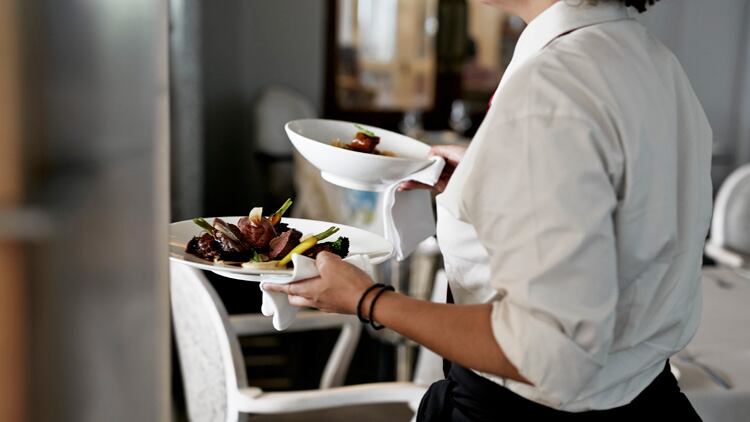The two bodies have called for a strict zero-tolerance approach to sexual harassment of staff in hospitality venues, and have worked closely together to produce a practical resource that advises venues to have consistent policies for dealing with customers who behave inappropriately around staff, including warning systems, instant removal or banning.
It also contains safety and preventative advice, such as asking managers to avoid having a single member of staff wait on a large group, when sexual harassment is more likely to take place.
The new guidance - called Preventing sexual harassment at work: checklist and action plan - helps venues to put appropriate structures in place to protect their employees. It defines sexual harassment as 'anything that violates someone’s dignity or makes them feel intimidated, degraded, humiliated, offended or like they are in a hostile environment'.
The checklist will be hosted and promoted by UKHospitality.
“There can be no place for sexual harassment within hospitality, so this new checklist and action plan to drive it out of our industry is a very welcome step in the right direction,” say Kate Nicholls, chief executive of UKHospitality.
“UKHospitality has for some years engaged with employee organisations and the Health and Safety Executive to discuss solutions to safeguard hospitality staff, particularly those in potentially vulnerable roles, but clearly more needs to be done if we’re to rid ourselves of inappropriate and unwanted workplace behaviour.”
A Government consultation on sexual harassment in the workplace published last year found more than half of women and two-thirds of LGBT people report experiencing workplace sexual harassment, but the problem is particularly acute in hospitality.
The vast majority of bar and waiting staff say they have either experienced or witnessed inappropriate sexual behaviour. This can range from being asked whether they are ‘on the menu’ to full sexual assault.
Addionally, a 2018 EHRC report identified that sexual harassment and assault are viewed by some employers as a ‘normal’ part of a job in an environment where alcohol is consumed. One venue’s policy for dealing with stalking was simply to allow staff to hide in the back when the customer came in.
“We are determined to crack down on any culture of unacceptable sexual harassment in bars, restaurants or hotels in Britain,” says Marcial Boo, chief executive of the EHRC.
“All employers have a duty of care to their staff. This means that inappropriate behaviour, whether lewd jokes, sexist comments or wandering hands, should never be ‘just part of the job’, even when your customers have consumed alcohol.
“We welcome the co-operation with UKHospitality to produce this guidance to give managers the tools they need to tackle problematic behaviour and protect their staff.”




